Top 4 Effective Home Remedies for Acne and Pimples
Supplements as well as spot treatments can help prevent acne and also help heal pimples. Certain dietary changes may also indeed be very useful in tackling the health issue. Even home remedies for Acne do help in providing relief.
Acne is indeed a common skin condition in the world, affecting mostly young adults.
Several home remedies do lack scientific backing, and further research on their effectiveness is required.
What is acne?
Acne happens to be a skin condition that occurs when one’s skin follicles become blocked with oil and also dead skin cells. It is a very common condition, and most people have experienced acne in their lifetime, especially so during their teens as their sebaceous glands produce more oil.
However, there’s no age limit to acne and many people in their 40s and 50s have adult acne.
Home remedies for acne:
1. Apply apple cider vinegar
Pros: affordable, easy to find, improves one’s appearance of acne scars
Cons: can irritate the skin
Apple cider vinegar is prepared by fermenting apple cider, or the unfiltered juice from pressed apples.
Apple cider vinegar contains organic acids, like citric acid. Citric acid has been found to kill acne in conjunction with zinc oxide.
Lactic acid in apple cider vinegar can also improve the appearance of acne scars.
Few dermatologists advise against using apple cider vinegar at all, as it can irritate the skin.
It is important to know that applying apple cider vinegar to one’s skin can cause burns and irritation, and most dermatologists will not recommend it. If trying, use it in small amounts and dilute it with water. Always a patch test helps before using it on the face.
2. Take a zinc supplement
Pros: supported by scientific studies and has a wide variety of benefits
Cons: can also irritate the stomach or gut, not beneficial when applied topically
Zinc is indeed an essential nutrient that is important for cell growth, hormone production, metabolism, as well as immune function.
It is relatively well-studied compared with other natural treatments for acne.
Those who have been treated with zinc had significant improvements in inflamed blemish count compared to those who were not.
Taking too much zinc can cause adverse effects, including stomach pain and gut irritation.
Applying zinc to the skin has not really been shown to be very effective. This may be so as zinc as it does not effectively get absorbed via the skin.
3. Make a honey and cinnamon mask
Pros: antibacterial and also easy to make
Cons: not sufficient research to back up the claims
The combination of honey and cinnamon bark extract does exert antibacterial effects against Acne.
Honey on its own can block the growth of or even kill acne. However, this finding doesn’t necessarily mean that honey effectively treats acne.
Applying honey to the skin after using antibacterial soap was indeed no more effective at treating acne than using the soap on its own.
While the anti-inflammatory and also antibacterial properties of honey and cinnamon can reduce acne, more research is required.
4. Spot treat with tea tree oil
Pros: do not require a lot of product, can be left on overnight, natural
Cons: drying, essential oils are not FDA-approved
Tea tree oil is indeed an essential oil that is an extract from the leaves of Melaleuca alternifolia, a small tree native to Australia.
Applying tea tree oil to the skin can rather reduce acne.
Tea tree oil can be an effective substitute for topical and also oral antibiotics that could perhaps cause bacterial resistance if made use of for the long term.
Tea tree oil is indeed very potent, so always dilute it before applying it to your skin.
Conclusion:
Home remedies for Acne are many to choose and it is essential to select that particular remedy that suits one’s constitution.

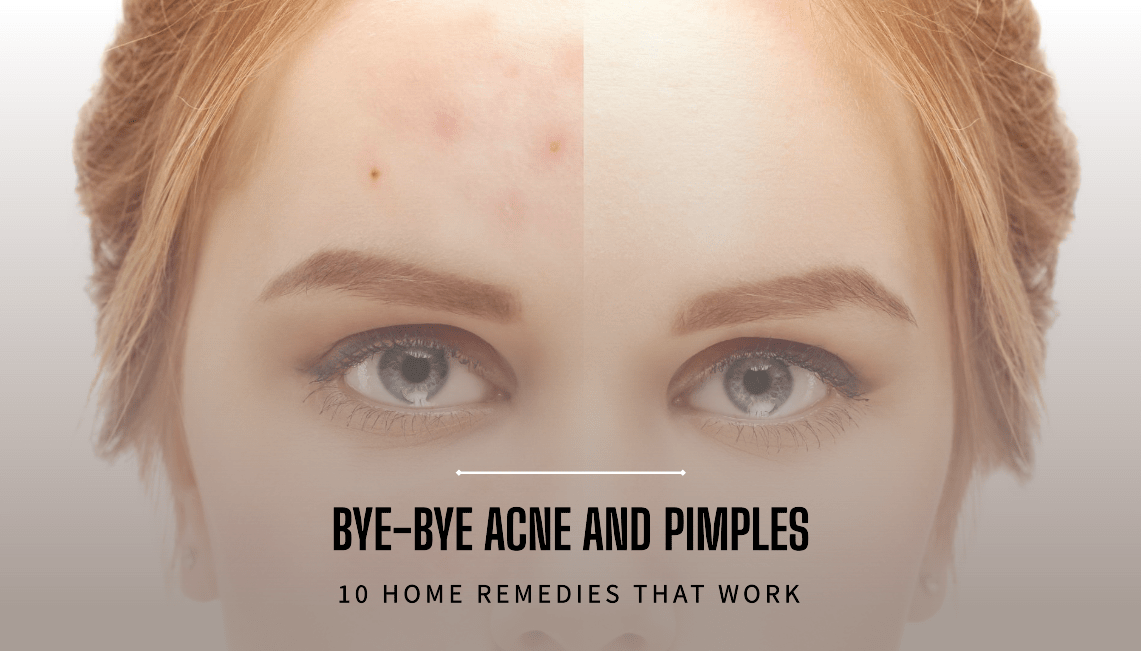

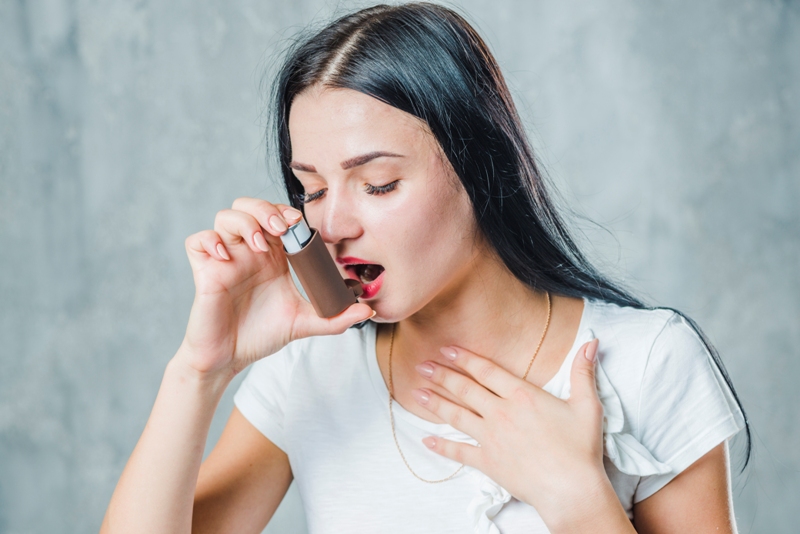
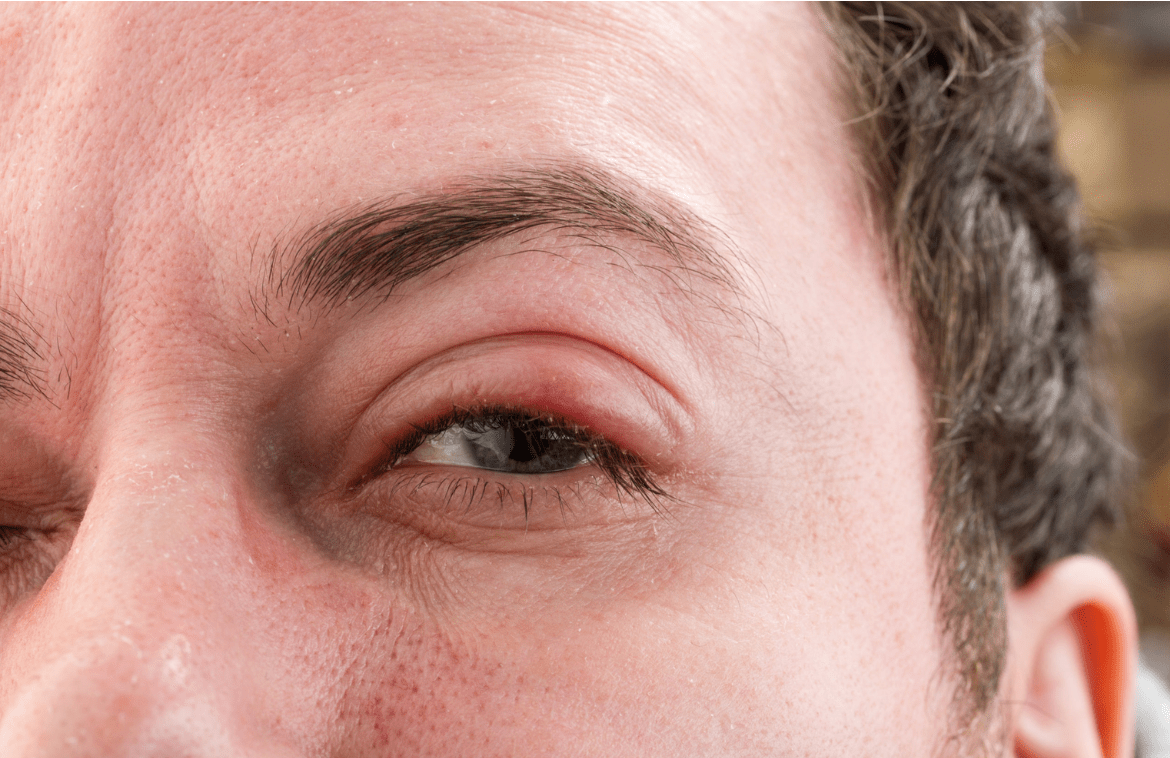
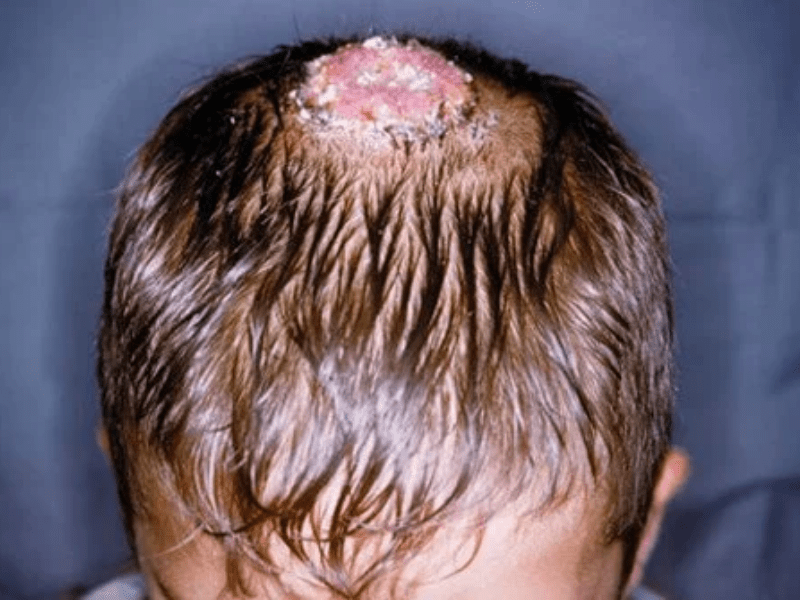
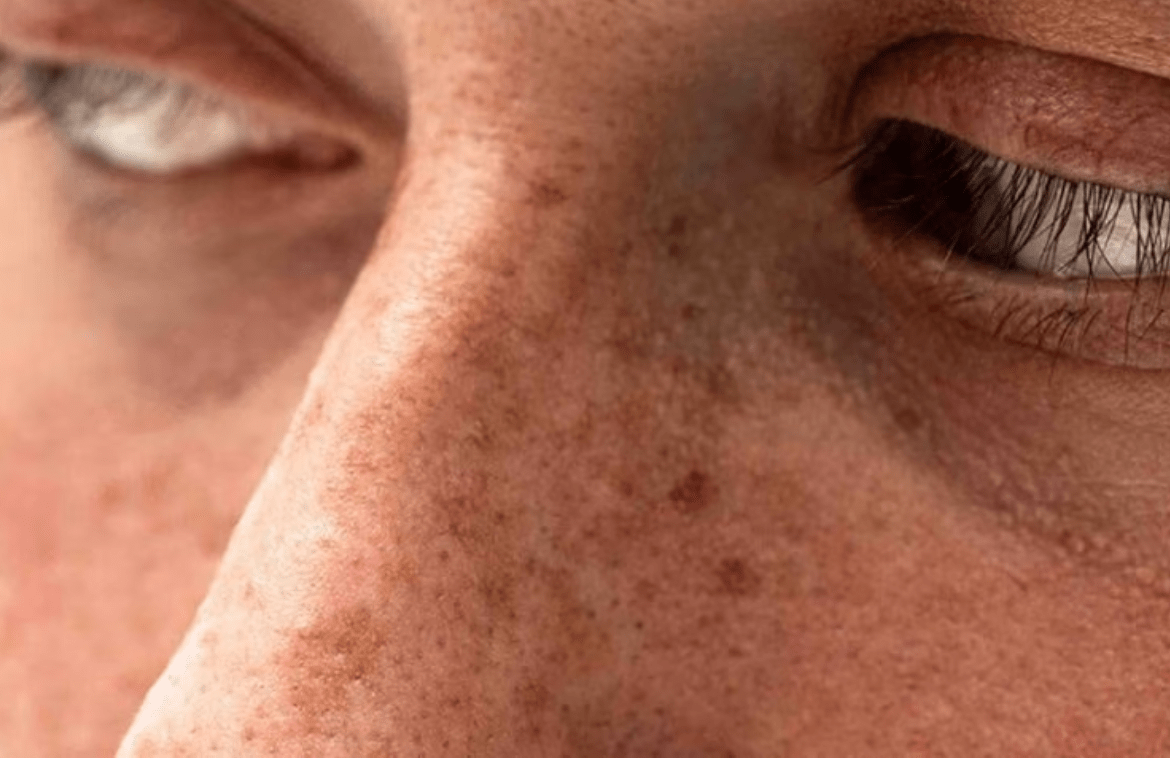
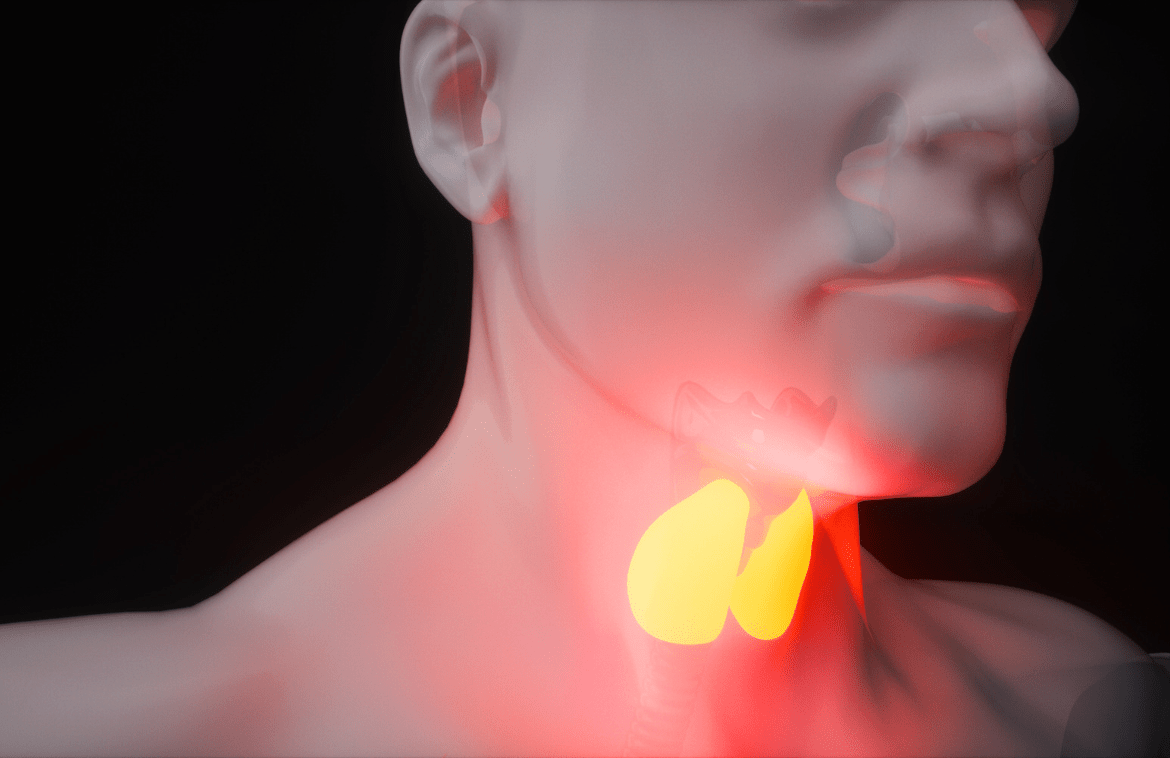
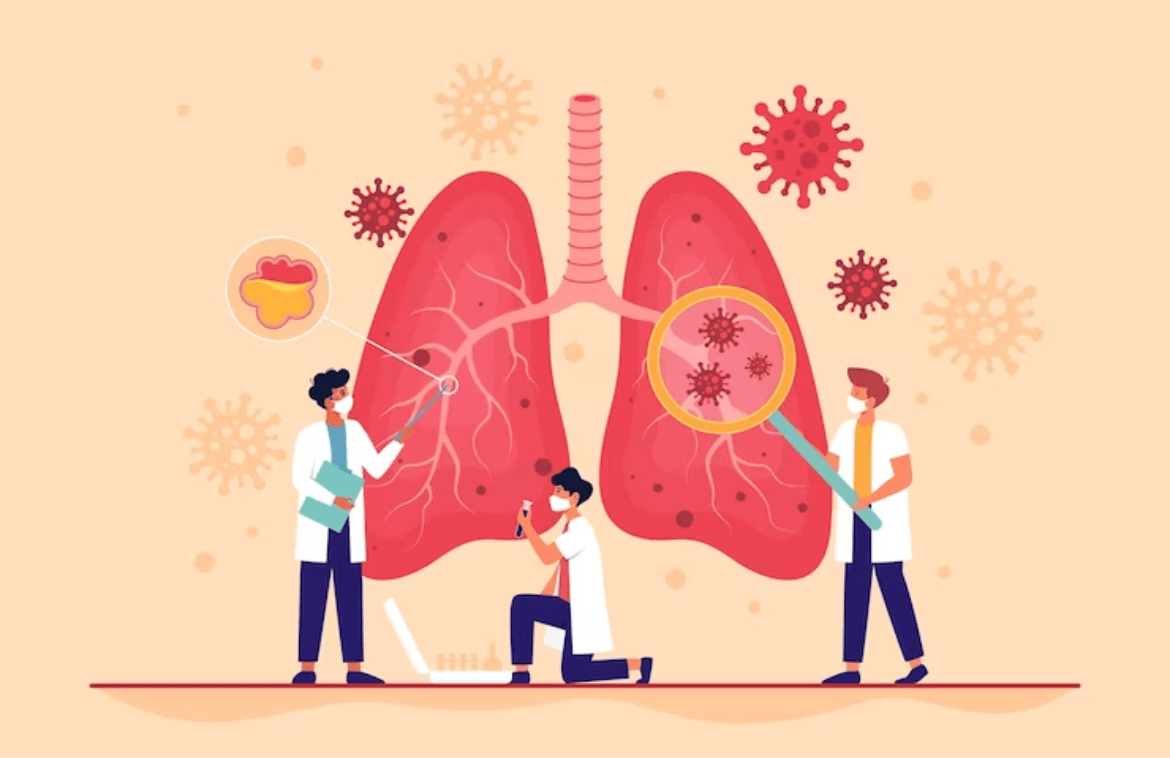
There are no comments